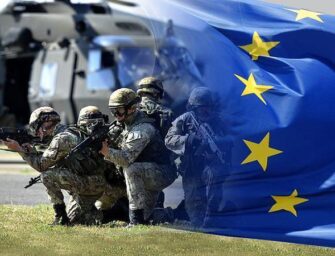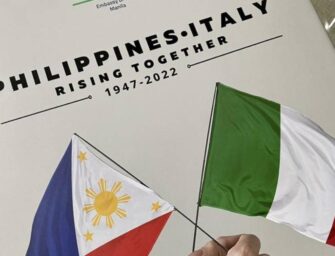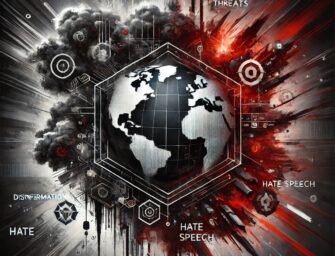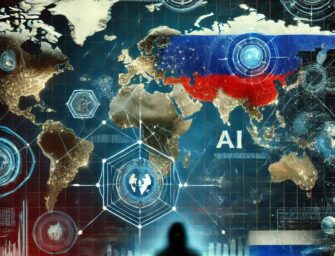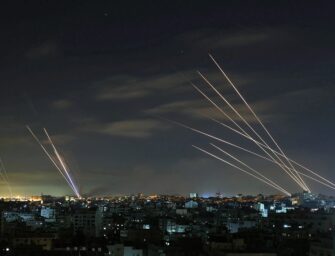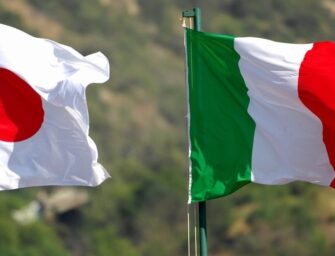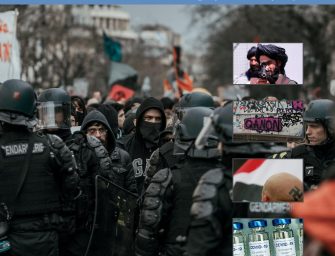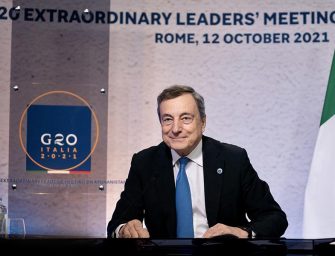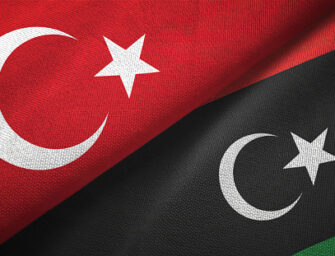Featured Cover Posts
In March 2025, President Donald Trump invoked the Alien Enemies Act to expedite the deportation of Venezuelan migrants suspected of gang affiliations, specifically targeting the Tren de Aragua gang. This marked an unprecedented peacetime application of the act, as the United States is not officially at war with Venezuela. While not able to stop the beginning of the deportations, a federal judge issued a fourteen-day restraining order, opening to legal debates about the scope and applicability of the act in contemporary contexts.
The European Union has long aspired to bolster its collective security and strategic autonomy. Over the past decade, initiatives such as the Permanent Structured Cooperation (PESCO), the European Defence Fund (EDF), and the Coordinated Annual Review on Defence (CARD) have been launched to strengthen European defense capabilities. However, these initiatives, while symbolically significant, have failed to provide Europe with a coherent and effective security framework. As geopolitical tensions rise, particularly with an increasingly aggressive Russia and ongoing instability in the Middle East and North Africa, it is time for Europe to acknowledge the fundamental flaws in its current defense approach and consider more radical solutions.
Latest Galleries
Latest Articles
The recent arrest of Jack LaSota, known online as “Ziz,” has brought attention to the enigmatic and dangerous group called the Zizians. Once an obscure internet subculture, it has now been thrust into the public eye as authorities uncover disturbing details about the group’s ideology and its links to violent crimes. Under LaSota’s leadership, the Zizians have evolved from a niche philosophical movement into an organized and radicalized network, willing to engage in extreme actions to further its beliefs.
Italy, as a key European power, has traditionally maintained a limited presence in the Indo-Pacific. However, given the increasing global significance of the region and the close ties currently defining its relationship with Washington, Rome should reassess its strategic engagement. However, while France and the UK have already enhanced their naval and economic involvement in the Indo-Pacific, Italy has yet to fully articulate its role. Italy’s economic interests align with a stable and rules-based Indo-Pacific. The region is a critical market for Italian exports, including defense technology, maritime equipment, and infrastructure development.
The Israel-Hamas war has provided Israeli forces with the opportunity to conceptualize and implement an unprecedented standard of urban warfare. In March 2024, the IDF conducted a targeted operation at al-Shifa Hospital in Gaza—repurposed by Hamas as a logistical and operational base—while adopting extraordinary measures to protect civilians during the approach, entry, and management of the facility. This approach integrated not only military personnel but also Israeli medical teams and paramedics tasked with assisting Palestinian patients, along with logistical units ensuring the supply of food, water, and medical resources.
The spread of false, misleading, or manipulated information is one of the most complex and dangerous challenges of the digital age, with significant repercussions on social, political, and cultural balance. The phenomena known as misinformation, disinformation, malinformation, and hate speech—collectively summarized under the acronym MDHM—represent distinct yet closely interconnected manifestations of this issue. A thorough understanding of their specificities is essential for developing effective strategies to contain and counter the threats these phenomena pose to social cohesion and institutional stability.







